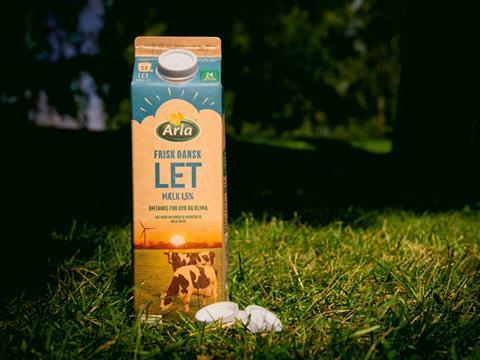
Blue Ocean Closures (BOC) has stated that its latest generation of fibre screw caps can ‘match or outperform’ fossil plastic in material costs, while delivering significantly lower energy consumption during production.
The company says this is a result of advancements in its proprietary forming technology, which enables the forming of renewable fibres directly from virgin or recycled carton board feedstock - a material and technology combination that is ‘widely available and less expensive’ than traditional fibre-forming and fossil-based plastics.
Combined with production cycles said to be under two seconds and an energy requirement roughly one-tenth that of conventional plastic moulding, this development seeks to establish fibre closures as a ‘cost leading, low-carbon’ alternative for a wide range of packaging applications.
“For the first time, we can say that fibre-based closures can be cost competitive - or even lower in cost - compared to fossil plastics, while using only a fraction of the energy,” says Lars Sandberg, CEO of Blue Ocean Closures. “This is the moment when sustainability and profitability truly align.”
Last month, Scandinavian company Great Earth announced it will be implementing paper caps for all its supplement products, following a successful pilot of fibre-based closures in collaboration with Blue Ocean Closures. Referring to consumer surveys conducted on the pilot, Great Earth states that 90% of consumers found the paper cap more user friendly, 100% viewed it as more environmentally friendly and 90% prefer the paper cap and would buy it again.
In similar news, SIG and PulPac formed a strategic partnership back in July, aiming to utilize the company’s Dry Molded Fiber technology and establish a development program for large-scale production of paper-based closures for SIG’s aseptic cartons. The technology apparently delivers lower CO2 emissions compared to plastic solutions and ‘unparalleled design flexibility’.
If you liked this story, you might also enjoy:
The ultimate guide to the Packaging and Packaging Waste Regulation in 2025
How are the top brands progressing on packaging sustainability?
Everything you need to know about global packaging sustainability regulation in 2025
The key to increasing the use of reusable packaging in supermarkets














No comments yet